

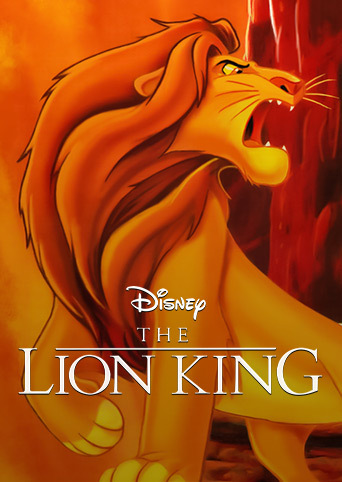
I played this game when I was little, and I liked the first stages, but the game became progressively more and more difficult, and I could never get further than the stampede level. I thought I was just a bad player. A few years ago I revisited the game, and being wiser to the design side of games, what I saw was an eldritch abomination of a kids' game. The Lion King has some very, VERY questionable level and gameplay design, meant to drain you of your limited supply of lives through sudden or very hard-to-avoid dangers set up in a truly douchebag fashion. It's a rare occurrence when some setback is really your own fault. In the game, you only see your immediate surroundings due to the close-up visuals, and the sprawling levels are infested with difficult platforming sections, drops, traps and enemies that are sometimes wildly unpredictable, and that combined with large, player-hostile hitboxes and unclear damage mechanics makes the game downright sadistic with little chance to mitigate your "mistakes". Even the "fun" bonus minigames with Timon and Pumbaa are very difficult: they begin suddenly, explain very little and have very unforgiving mechanics, failstates and time limits, and when you mess it up, you don't get to try again. The audiovisual part of the game is arguably still excellent. But do yourself and/or your possible kids a favor and don't buy this self-confidence destroying platformer solely based on foggy memories or kids-friendly visuals. Know what you're getting into.
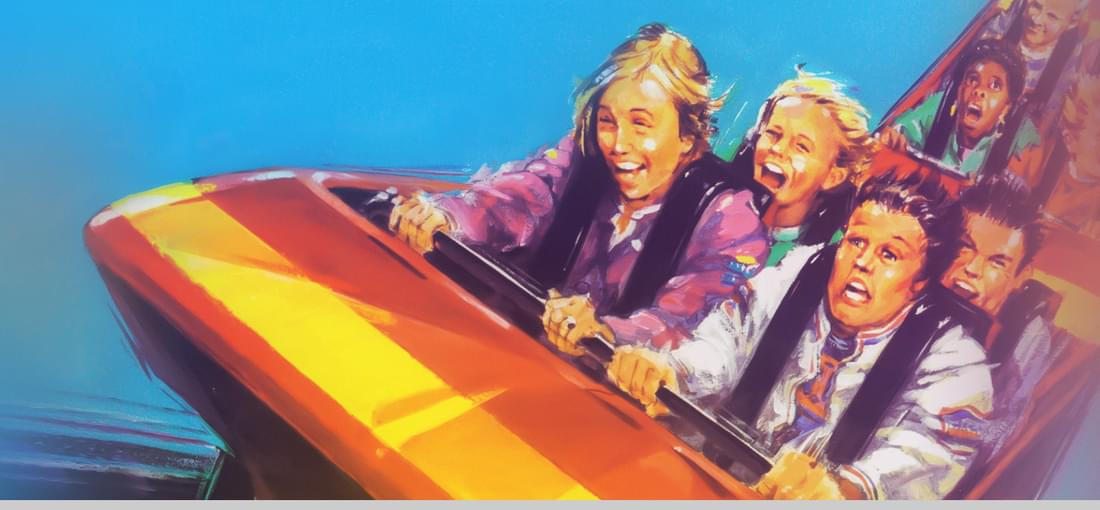
I got Theme Park as a kid and I loved it back then, which seems to be a common theme with Bullfrog games and how they're rated here. Theme Park's graphical style is still great and the game is full of nice little details. However, that's pretty much the extent of the game's appeal today. First off, Theme Park has a very unintuitive UI. After getting a hang of it, designing your park should be fascinating for a while, and the research aspect keeps things fresh for a bit longer. On the other hand, hiring and micromanaging staff is, at least for me, a pain in the backside, but sadly it's one of the game's only activities besides building more stuff and finetuning prices. You can also manually keep your shops in stock and manage staff wages and the stock market, but you can only do those adequately or wrong. As your park gets bigger, the place gets filled with trash and vomit and you'll get to hear every single time someone throws up or is disgusted by it. The background sound is a very short loop of a noisy crowd that I'll guarantee will get on your nerves sooner or later. Almost the only other sound effects are constant cash register chimes and ride-specific songs. The resulting cacophony is soul-crushing. When your park is finished, you're left with a collection of repetitive animations and the option to build another park just like the last one. I can't recommend Theme Park in this day and age when you have your Rollercoaster Tycoons or even the newer Theme Parks.
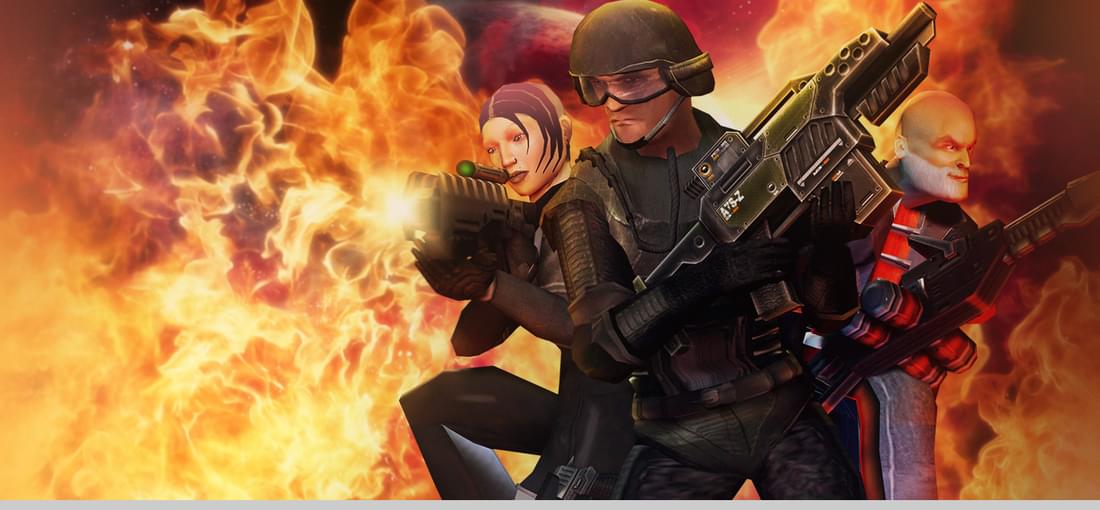
Survivor is gameplay-wise almost the same game as the first Shadowgrounds, except it seems to have more narrow, linear levels and a greater focus on straight action. As such, it does the action part really well and it conveys the feeling of killing your way through hordes of aliens in a great way. The changing main characters with their own weapons and upgrades keep things fresh surprisingly long. The one department where the game sadly lacks is the highs and lows of drama and challenge. There aren't any real boss fights, rather you just fight the same basic enemies in different numbers and compositions, which makes battles evidently meant to be climactic quite underwhelming in all honesty. The concept of upgrading your weapons throughout the game doesn't pay off in a nice fashion because of the lack of any real climax. Still, definitely a game to get by virtue of its awesome action and gameplay.
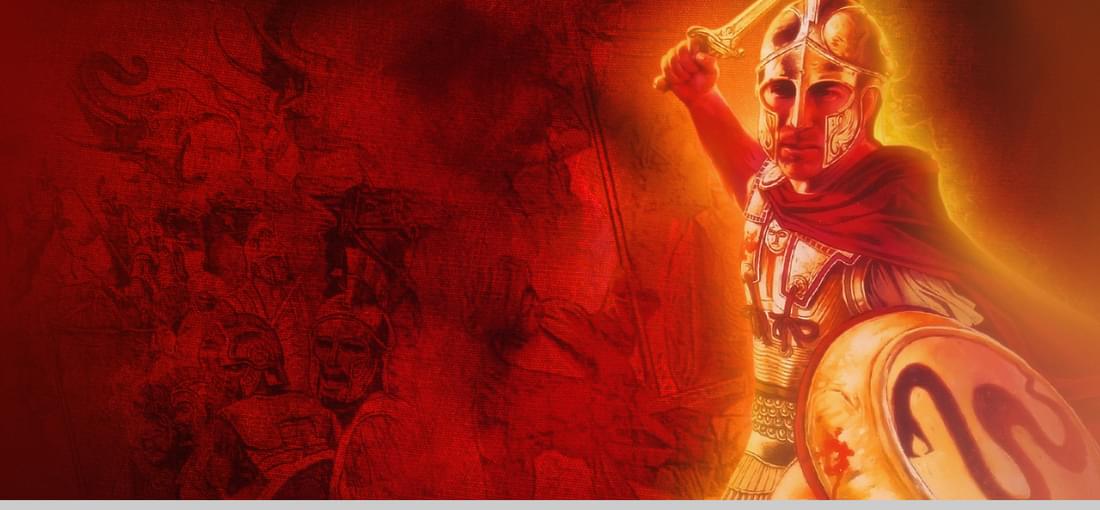
A hex and turn based tactical game series with limited gameplay, very little variance and very poor visual and aural implementation, even back in 1997. The tactics consist of little more than taking rock-paper-scissors type weaknesses into account. In every battle you tediously move your massive army to meet the other massive army after which some very simple crunching of numbers ensues and eventually the general who took the most advantage of the weakness mechanic is usually declared the victor. The player is treated to an audiovisual experience that is made up of bland, low-fidelity sounds and lousily animated sprites that don't convey any sense of war or fighting. Indeed, the game is extremely clinical and feels like some early, low-effort Windows desktop game, which is frankly quite accurate. In terms of portraying ancient warfare in a tactical and strategic setting, the Total War series is unsurpassed and should be considered way before this one.
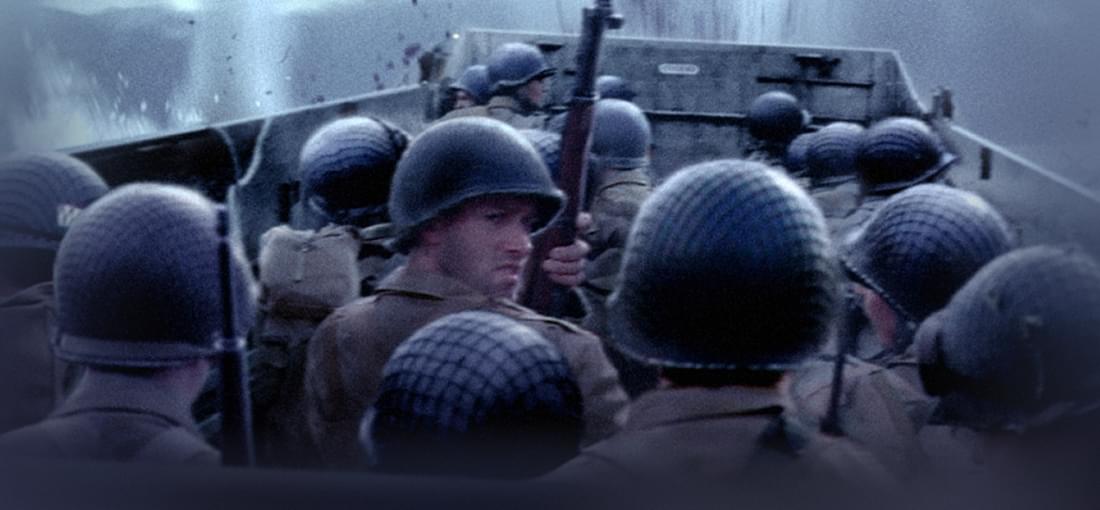
MoH was a phenomenon in its time because it was the one and only decent WW2 FPS after Saving Private Ryan became a hit. While its impact on WW2's popularity as a video game theme is commendable, as a first-person shooter it's unimpressive from the mechanics themselves to the missions you have to play. The expansions are quite bland and even anticlimactic. It's not an exaggeration to say that the first Call of Duty did everything better, so Medal of Honor today caters mostly to nostalgic fans and game history enthusiasts.
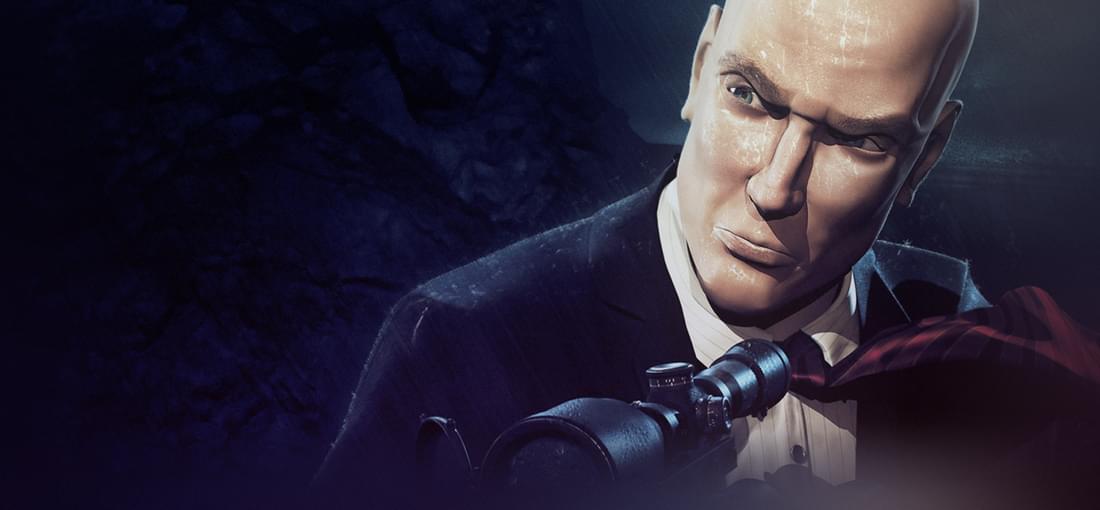
This is the first Hitman game that has the gameplay concept that the series is known for: all missions are more or less doable without extra kills with no overpowering incentive to start a massacre instead, and the result of a perfect hit is a Silent Assassin rating that comes with a nice bonus. The gameplay has its shortcomings, though. 47 sneaks very, very slowly and is thus unable to surprise a moving opponent most of the time. The strangling wire is the only way to take out an enemy stealthily without a firearm, unless you figure out how to use the anaesthetic that the game tells you nothing about and at any rate is rather poorly implemented. When you're disguised, guards are still always suspicious and getting past them is very hit-and-miss with the suspiciometer always on the verge of going red. That said, this is definitely a game worth buying, and is genuinely enjoyable without nostalgia glasses. The graphics represent a more timeless style, so it's not hard on the eyes, and personally I think the soundtrack is the best in the series. Most of the missions are very interesting, although there are a few that will give you grey hair if you're going for the SA rating.
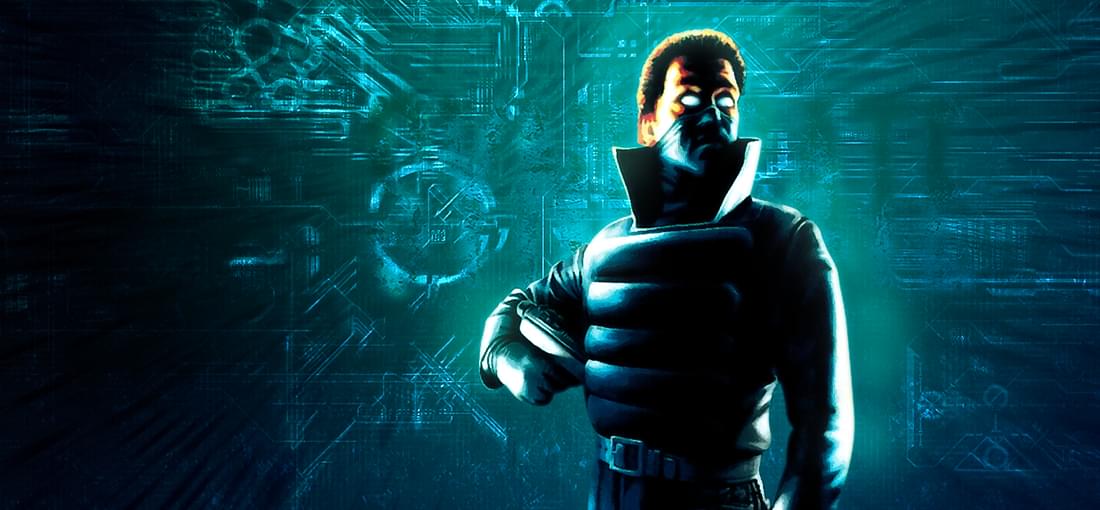
I first played Syndicate when I was 5, and I was totally fascinated by its world. A kid's imagination did a lot to add depth into everything Syndicate had to offer, but three years ago when I took the game for another playthough (which can incidentally be seen on YouTube titled Syndicate missions), the game's flaws were obvious. The background story is still a good setup and I like the style a lot. It's dark, but not in the black and gritty way that most cyberpunk worlds (e.g. Syndicate Wars) are portrayed. The gameplay and its design have the most glaring flaws. The game world is an isometric cityscape, so navigation should have received extra care, but clicking anywhere that isn't solid walking space will make your agents run around like idiots. If you want your agents to move indoors or on the non-visible side of a building, you have to use the minimap or they will think you want them to climb on top of the building or scurry along its wall. Aiming behind an obstructing structure has the same problem, except that you can't aim with the minimap, so you're screwed there. The UI gets in the way too, e.g. when you want to set the hormone levels of your agents, you're liable to make the screen scroll. At the end of the day, the missions aren't that interesting either. There are usually no alternative ways to accomplish them other than killing everyone in your way. Enemy agents always charge at you in a straight line when you're close to them or a time trigger sets them running, so you can't ever avoid them. The developers had the notion that Syndicate is a tactical game, so the lack of tactical necessities and options is disappointing. Even if the missions were harder (like in American Revolution) or had more complex mechanics, the clumsy squad UI would disallow any nimble real-time maneuvering. I was also disappointed in how pretty much every older weapon becomes obsolete when you research minigun, gauss gun and laser, the three god tier weapons, by which time most enemy agents have miniguns too. I would have welcomed a more balanced arsenal where most items would retain their use. Although my review may sound harsh, I felt it necessary to balance the unconditional love Syndicate gets in the other nostalgia reviews. It's certainly not the most user-friendly action game today or even in 1993, but it's fun. The graphics are clear and timeless, much more so than its inferior sequel. What I don't like about this release is that it doesn't have the American Revolution expansion. It's not like you can buy it from somewhere else, so EA could have included it.
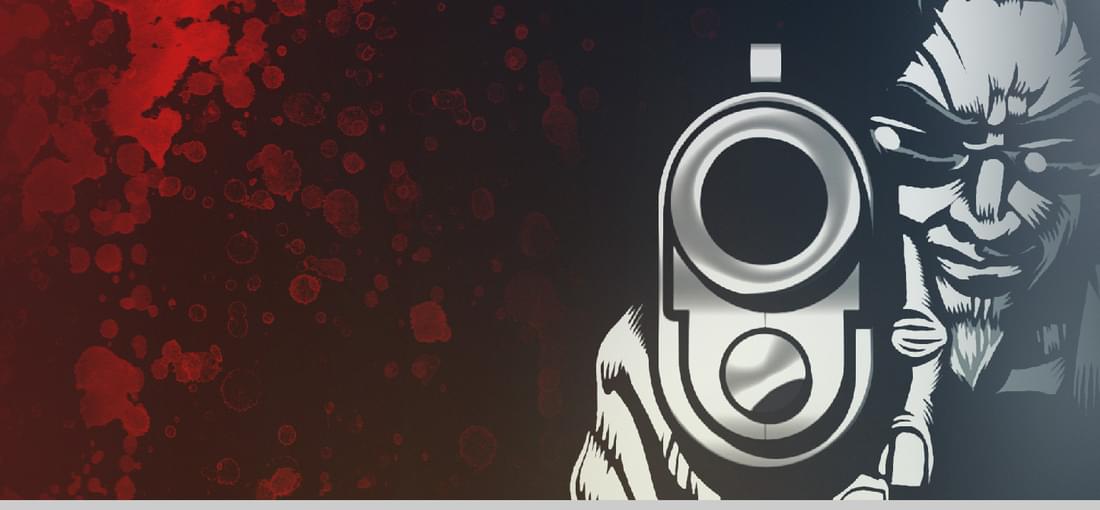
Postal 2 is way behind its time in every sense. Most importantly, the gameplay is very basic and unentertaining: everyone takes bullets like sponges, and the weapons are simply no fun to use because they're inaccurate and lame. All the hype about the game being only as violent as the player is bullcrap. You can't accomplish but a couple of tasks in the whole game without someone wanting to kill you. Playing pacifist gives no reward and around midway to the game it becomes largely impossible. The jokes were probably funny as hell for the makers, but basically they're just forced and juvenile. The expansion drops the whole open town concept that made the main game at least somewhat interesting, and as a linear corridor shooter it's simply abysmal and amplifies all the weaknesses in the game mechanics.
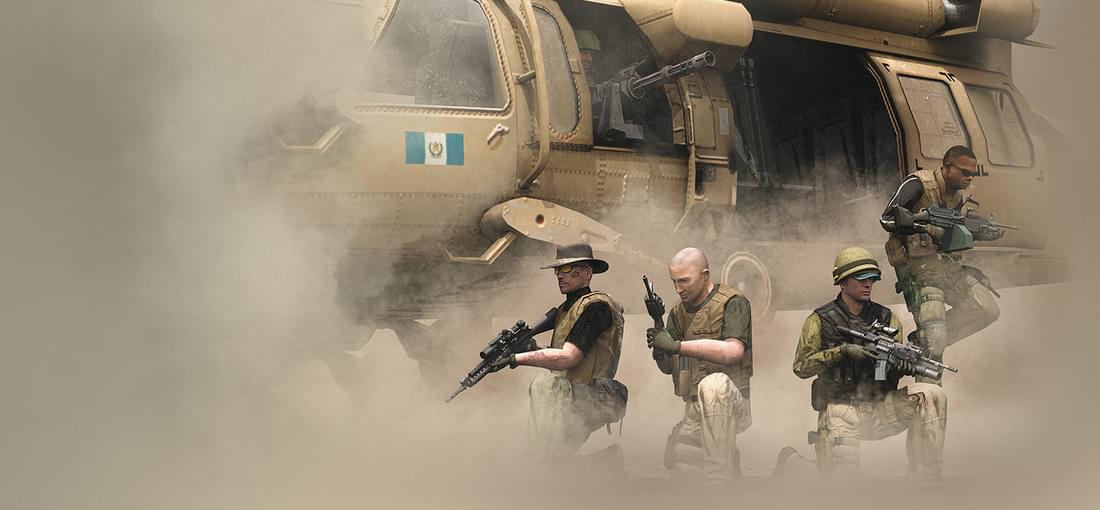
I'm a long time player of Bohemia's military games and I played ArmA 1 from its release until Arma 2 came out. The obvious bad thing about this game is that its animations are significantly clunkier compared to Operation Flashpoint/Cold War Assault (and later Arma 2), and that alone deterred a lot of people from staying in the community. Gameplay-wise Arma 2 is much better in every way. ArmA does come with an absolutely phenomenal island, Sahrani, that has very varied terrains and locations. There was a restoration project to bring it back to Arma 2, but the island doesn't have all its functionality and the official campaigns and missions haven't been converted, so in that respect this is still a good game to experience by its own merits. If you like realistic gameplay, definitely pick this up, but in my opinion Cold War Assault and Arma 2 are better: CWA for its stunning single player content and Arma 2: Combined Operations for the best version of the engine and the masterpiece creations by its now matured and experienced community.